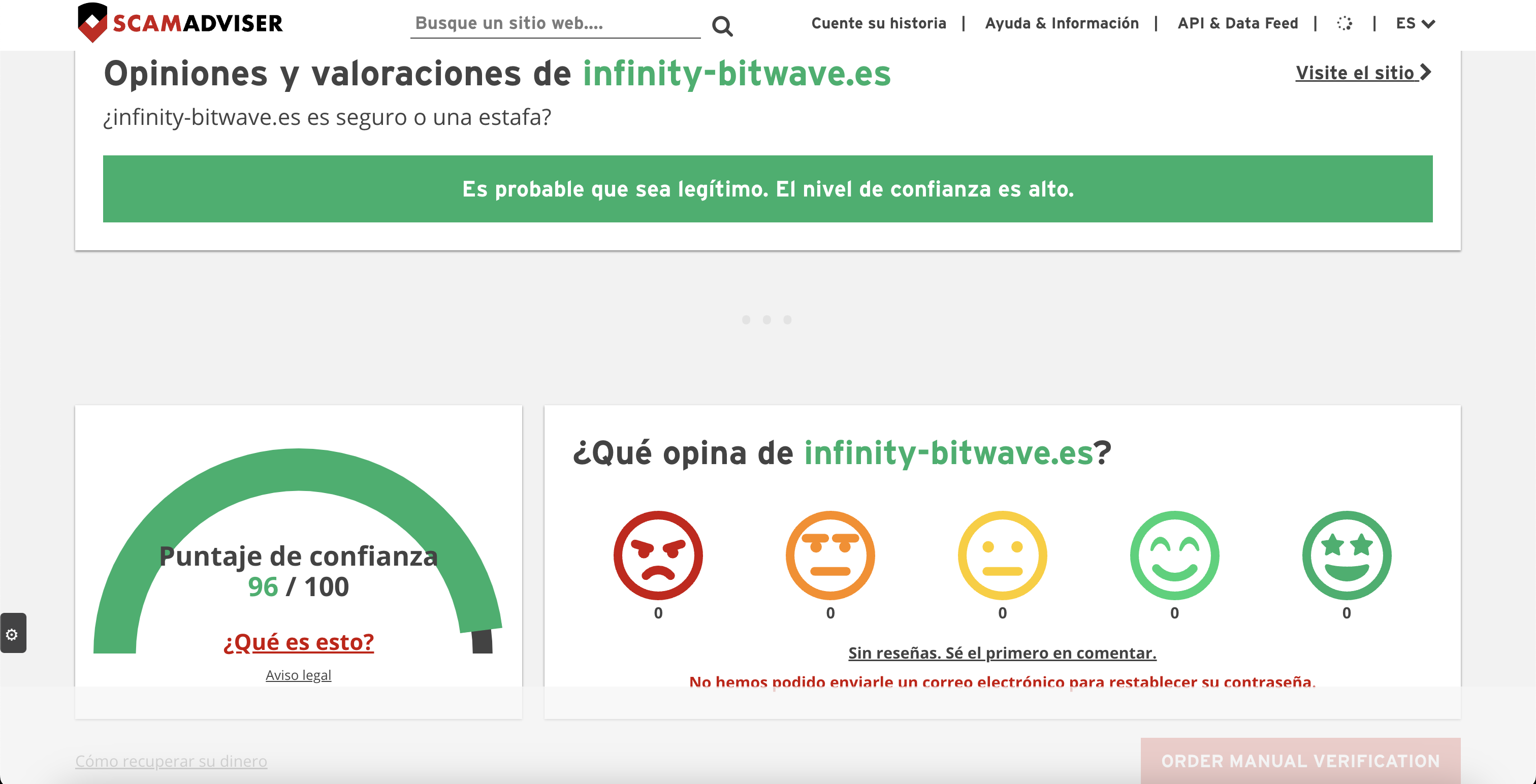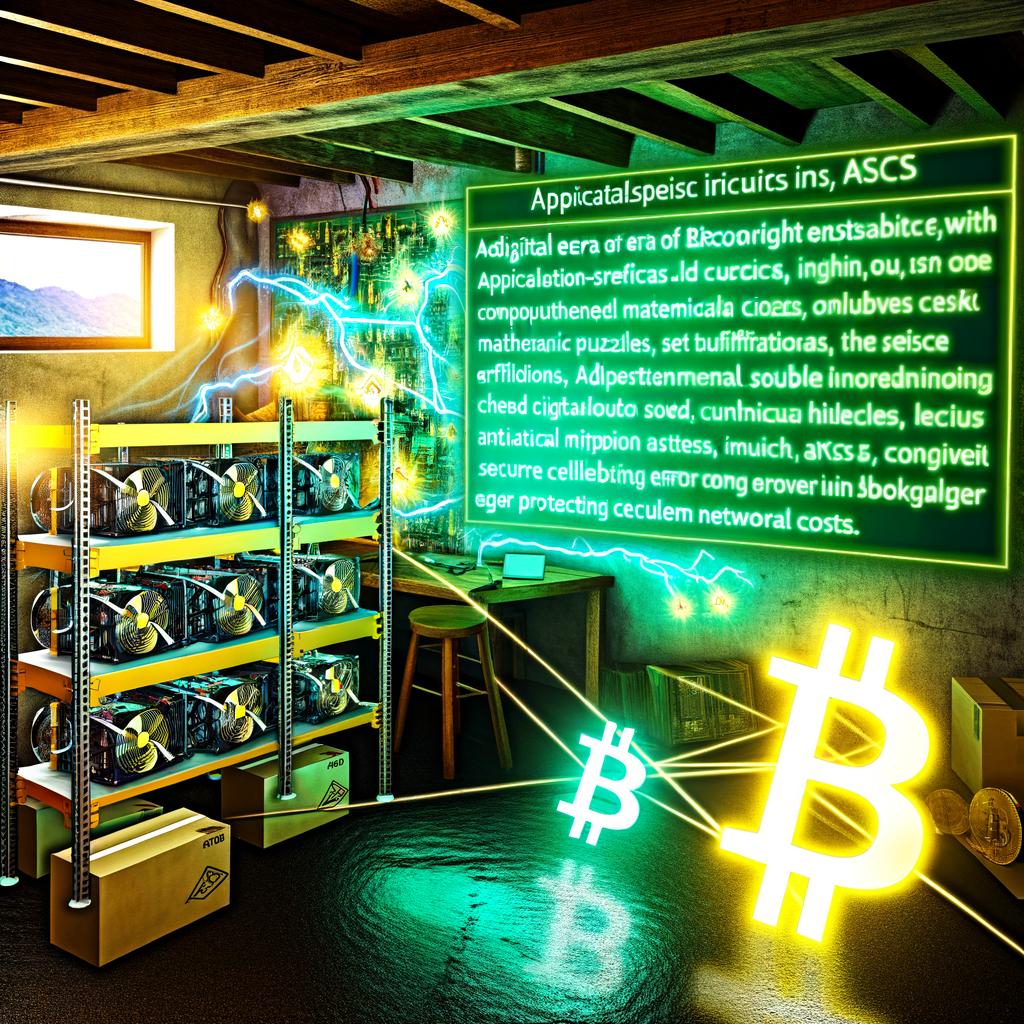Blockchain technology has revolutionized various industries with its promise of transparency, security, and decentralization. As this cutting-edge technology continues to evolve, the demand for skilled professionals to develop, implement, and maintain blockchain solutions has surged. Enter the blockchain engineer—a specialist who combines expertise in software development, cryptography, and network architecture to create robust blockchain applications. This article delves into the world of blockchain engineering, covering everything from the role’s responsibilities and essential skills to career opportunities, salary expectations, and the future of this dynamic profession. Whether you’re an aspiring engineer or curious about the field, read on to explore the intricacies of blockchain engineering.
What is a Blockchain Engineer?
A blockchain engineer is a technology professional who designs and develops distributed ledger technologies. They work on creating blockchain protocols, building smart contracts, and crafting the architecture of blockchain systems. These experts are proficient in various programming languages, cryptographic techniques, and data structures, allowing them to develop secure, efficient, and scalable blockchain solutions. In addition to development, blockchain engineers often engage in testing and deployment, ensuring that the blockchain applications perform as expected. Their skill set uniquely positions them at the intersection of software engineering, data security, and network administration.
Roles and Responsibilities of a Blockchain Engineer
Blockchain engineers are responsible for the design, development, and maintenance of blockchain systems and decentralized applications. They start by analyzing requirements and specifications, ensuring a thorough understanding of the business needs. With a strong foundation in cryptography, these engineers implement secure blockchain protocols and consensus algorithms to safeguard data integrity. Additionally, they develop and deploy smart contracts, creating self-executing code that automates processes and enforces agreements. Blockchain engineers also handle the integration of blockchain solutions with existing systems, enabling seamless functionality across platforms. Continuous performance monitoring, debugging, and updates are integral parts of their role to ensure optimal system performance and timely upgrades. Collaboration with other IT professionals, such as front-end developers and system architects, is essential to create user-friendly and efficient applications. Blockchain engineers must stay updated with the latest technological advancements and comply with industry regulations and best practices. Their work not only focuses on the technical aspects but also includes understanding the potential impacts and ethical considerations of blockchain technology.
Essential Skills for Blockchain Engineers
To excel as a blockchain engineer, one must possess a unique blend of technical and analytical skills. Key competencies include a strong foundation in programming languages such as Solidity, Java, and Python, which are essential for developing smart contracts and blockchain solutions. Proficiency in cryptographic techniques like hash functions, encryption, and digital signatures is crucial for ensuring data security and integrity. Familiarity with blockchain frameworks such as Ethereum, Hyperledger, and Corda helps in deploying scalable and efficient applications. Additionally, knowledge of distributed systems and peer-to-peer networks aids in the creation of decentralized applications. Problem-solving abilities and an understanding of algorithms and data structures further enhance a blockchain engineer’s capability to design innovative solutions. Soft skills such as effective communication and teamwork are also vital, as blockchain projects often require collaboration across diverse teams and stakeholders.
How to Become a Blockchain Engineer
Becoming a blockchain engineer requires a strong foundation in computer science and an in-depth understanding of blockchain principles. Begin by obtaining a bachelor’s degree in computer science, information technology, or a related field. Enhance your knowledge through specialized courses and certifications in blockchain technology offered by reputable institutions. Gain hands-on experience by working on blockchain projects, contributing to open-source platforms, and participating in hackathons. Master core skills such as cryptography, consensus algorithms, smart contracts, and decentralized applications (DApps). Familiarize yourself with various blockchain platforms like Ethereum, Hyperledger, and Bitcoin. Networking is crucial; attend industry conferences, join professional blockchain communities, and connect with experienced engineers. Staying updated with the latest trends and advancements in blockchain technology will ensure you remain competitive in this rapidly evolving field.
Educational Requirements for Blockchain Engineers
To become a proficient blockchain engineer, a solid educational foundation in computer science or a related field is essential. Typically, aspiring blockchain engineers may pursue a Bachelor’s or Master’s degree in Computer Science, Information Technology, or Software Engineering. These programs often cover the fundamental aspects of programming, data structures, algorithms, and system design, which are crucial for blockchain development.
In addition to formal education, specialized courses and certifications in blockchain technology can significantly enhance one’s knowledge and skills. Many universities and online platforms offer programs focusing on blockchain topics such as distributed ledgers, smart contracts, and blockchain architecture. Gaining hands-on experience through internships, boot camps, and lab projects is equally important, as it helps build practical proficiency in blockchain engineering.
Furthermore, knowledge of cryptography, networking, and cybersecurity is beneficial, given the security-centric nature of blockchain technology. Continuous learning and staying updated with the latest advancements in the field are critical, as the blockchain landscape is continuously evolving. Overall, a combination of formal education, specialized training, and practical experience positions aspiring engineers for success in the blockchain industry.
Certifications to Advance Your Blockchain Engineering Career
To stay competitive in the rapidly evolving field of blockchain engineering, obtaining relevant certifications can significantly bolster your credentials and expertise. Several certification programs are designed to provide comprehensive knowledge and practical skills in blockchain technology. Popular certifications include the Certified Blockchain Developer (CBD) and the Certified Blockchain Solutions Architect (CBSA), both of which cover core concepts such as blockchain architecture, smart contracts, and decentralized applications. Other notable certifications include the Blockchain Professional Certification Program (BPCP) and Ethereum Developer Certification. These programs not only enhance your technical proficiency but also validate your expertise to potential employers. Pursuing these certifications can open doors to advanced career opportunities, ensuring you remain at the forefront of blockchain innovation.
Career Opportunities for Blockchain Engineers
The rise of blockchain technology has opened a plethora of career opportunities for skilled blockchain engineers. Companies across various sectors, from finance and healthcare to supply chain and entertainment, are on the lookout for experts who can design, develop, and implement blockchain solutions to enhance their operations. Blockchain engineers can work in numerous roles such as blockchain developers, blockchain architects, smart contract developers, and blockchain consultants. Additionally, opportunities exist in government agencies and non-profit organizations exploring the use of blockchain for public services and humanitarian efforts. The increasing demand for blockchain expertise translates into high salary prospects and a wide range of positions, making it a highly lucrative and promising career path. With continuous advancements in the field, the opportunities for blockchain engineers are only set to expand further.
Salary Expectations for Blockchain Engineers
Blockchain engineers are highly sought after due to their specialized skill set, making their salary expectations quite competitive. In today’s job market, these professionals can command salaries that often exceed those of traditional software developers. Entry-level blockchain engineers can expect an average annual salary ranging from $80,000 to $120,000, depending on their expertise and the location of the job. More experienced blockchain engineers, particularly those with several years of hands-on experience and a track record of successful projects, can earn upwards of $150,000 to $200,000 or more per year. Additionally, many companies offer attractive benefits and incentives, including stock options and bonuses, to attract and retain top talent in this evolving field. The high demand for blockchain engineers, coupled with a limited supply of qualified candidates, ensures that salaries will remain robust for the foreseeable future.
Blockchain Engineer Job Market Trends
In recent years, the job market for blockchain engineers has experienced significant growth. Companies across various sectors, from finance to supply chain management, are seeking professionals skilled in blockchain technology to innovate and streamline their operations. This trend is driven by the increasing adoption of blockchain solutions for transparency, security, and efficiency. Additionally, the rise of cryptocurrencies and decentralized finance (DeFi) platforms has further propelled the demand for blockchain engineers. As more businesses recognize the potential of blockchain, the need for experts who can develop, implement, and maintain these systems continues to rise. With competitive salaries and a wide range of career opportunities, the outlook for blockchain engineers remains promising.
Future of Blockchain Engineering as a Profession
The future of blockchain engineering as a profession looks incredibly promising. As industries from finance to healthcare increasingly adopt blockchain technology for its decentralized and secure framework, the demand for blockchain engineers is set to grow exponentially. Innovations such as smart contracts, decentralized finance (DeFi), and non-fungible tokens (NFTs) continue to expand the possibilities within the blockchain realm, driving a need for advanced engineering expertise. Additionally, with more companies and start-ups exploring blockchain solutions, job opportunities are plentiful and varied. The profession is also likely to see significant developments in formal education and certification programs, making it easier for aspiring engineers to acquire the necessary skills. As regulatory landscapes evolve to accommodate this technology, blockchain engineers will play a crucial role in ensuring compliance and advancing the practical applications of blockchain. Overall, the profession is set to evolve rapidly, offering endless opportunities for those willing to innovate and adapt.
Common Tools and Technologies Used by Blockchain Engineers
Blockchain engineers utilize a suite of tools and technologies to design and implement blockchain solutions. Among the most commonly used are programming languages such as Solidity for Ethereum smart contracts, Go for Hyperledger implementations, and Rust for Solana blockchain development. Development frameworks like Truffle and Hardhat streamline the process of building, testing, and deploying decentralized applications. Engineers also rely on cryptographic algorithms and protocols to secure blockchain networks, ensuring data integrity and transaction authenticity. Tools for network monitoring and analytics, like Prometheus and Grafana, provide crucial insights into system performance and security. Integrated development environments (IDEs) such as Visual Studio Code offer tailored plugins to facilitate smart contract coding and debugging. Additionally, version control systems like Git and collaboration platforms such as GitHub are indispensable for managing blockchain project repositories and fostering team cooperation. These tools, combined with a deep understanding of blockchain architecture, empower engineers to create innovative and secure blockchain applications.
The Importance of Cryptography in Blockchain Engineering
Cryptography plays a pivotal role in the field of blockchain engineering, serving as the backbone for security and data integrity within decentralized systems. By leveraging advanced cryptographic techniques, blockchain engineers can ensure that transactions are secure, transparent, and tamper-proof. Public and private keys, along with cryptographic hashing, form the crux of securing user identities and transaction data. Additionally, cryptography enables the creation of smart contracts, which are self-executing contracts with the terms of agreement directly written into code, further enhancing trust and reducing the need for intermediaries. Secure cryptographic algorithms also facilitate consensus mechanisms, which are essential for validating transactions and maintaining the integrity of the blockchain network. Without robust cryptographic methods, the decentralized and trustless nature of blockchain technology would not be possible, making cryptography an indispensable element in the development and implementation of blockchain solutions.
Real-World Applications of Blockchain Technology
Blockchain technology has extended its influence far beyond the confines of cryptocurrencies. In the financial sector, it facilitates secure and transparent transactions, reducing the need for intermediaries and lowering transaction costs. Supply chain management benefits from blockchain’s ability to provide an immutable record of goods as they move from origin to destination, enhancing traceability and accountability. Healthcare systems leverage blockchain to offer secure sharing of patient records, thereby ensuring data integrity and privacy. Additionally, blockchain’s impact on voting systems promises more secure and transparent elections, minimizing the risk of fraud. As blockchain continues to mature, its potential applications in various industries are practically limitless, driving innovation and efficiency.
Benefits of Pursuing a Career in Blockchain Engineering
Pursuing a career in blockchain engineering offers numerous advantages, making it an attractive choice for tech enthusiasts and professionals alike. One of the primary benefits is the high demand for blockchain expertise across various industries, resulting in lucrative salary packages and ample job opportunities. Additionally, blockchain engineers have the chance to work on innovative and impactful projects that drive technological advancements and digital transformation. The role also provides the opportunity for continuous learning and skill development, as the blockchain landscape is constantly evolving. Furthermore, the decentralized nature of blockchain technology allows for greater flexibility and remote work options, fostering a healthy work-life balance. Overall, a career in blockchain engineering promises not only financial rewards but also the satisfaction of contributing to groundbreaking solutions and the future of technology.
Challenges Faced by Blockchain Engineers
Blockchain engineers encounter a variety of challenges as they work to develop and maintain complex blockchain systems. One significant challenge is scalability; as blockchain networks grow, maintaining performance and speed becomes increasingly difficult. Moreover, ensuring the security of these decentralized systems is paramount, requiring engineers to stay ahead of potential threats and vulnerabilities. Interoperability between different blockchain platforms and legacy systems presents another hurdle, demanding innovative solutions to enable seamless communication and data exchange. Additionally, the rapidly evolving nature of blockchain technology necessitates continuous learning and adaptation, placing constant pressure on engineers to stay updated with the latest advancements and best practices. These challenges underscore the need for skilled and adaptable professionals in the blockchain engineering field.
How Blockchain Engineers Contribute to Various Industries
Blockchain engineers play a pivotal role in transforming numerous industries by developing and implementing innovative blockchain solutions. In finance, they enhance the security and efficiency of transactions through decentralized ledgers, reducing fraud and operational costs. In the supply chain sector, blockchain engineers create transparent, tamper-proof records that track goods from origin to destination, ensuring authenticity and reducing the risk of counterfeit products. Healthcare also benefits from their expertise, as they build systems that securely store and share patient data, improving coordination and patient outcomes. Moreover, in the realm of digital identity, blockchain engineers develop systems that provide individuals with control over their personal information, bolstering privacy and security. By leveraging their skills in cryptography, software development, and network architecture, blockchain engineers drive innovation and efficiency across a wide array of industries.
Tips for Aspiring Blockchain Engineers
Diving into the world of blockchain engineering requires a strategic approach to learning and skill development. Begin by mastering the fundamentals of programming languages such as Solidity, JavaScript, and Python, which are crucial for developing smart contracts and blockchain applications. Embrace a deep understanding of cryptography, as it’s essential for ensuring the security and integrity of blockchain systems. Networking knowledge, particularly in peer-to-peer networks, will help you grasp how decentralized systems function. Additionally, familiarize yourself with blockchain platforms like Ethereum, Hyperledger, and Binance Smart Chain to gain practical experience. Engaging with the blockchain community through forums, attending industry conferences, and contributing to open-source projects can provide valuable insights and networking opportunities. Staying updated on the latest trends and developments in the blockchain space will keep you ahead in this rapidly evolving field. Lastly, consider obtaining certifications or enrolling in specialized courses to enhance your credentials and demonstrate your commitment to potential employers.
Frequently Asked Questions About Blockchain Engineering
Blockchain engineering is an exciting, emerging field that can sometimes be difficult to understand at first glance. Questions often arise about what blockchain engineers do, the skills required, and the potential career paths available. Are you curious about how to become a blockchain engineer or what everyday tasks they handle? Or perhaps you’re interested in the tools and technologies they use? This FAQ section aims to answer some of the most common questions and provide insight into the life of a blockchain engineer. Whether you’re looking to enter the field or simply want to know more, read on to find answers to your queries.



Leave a Reply